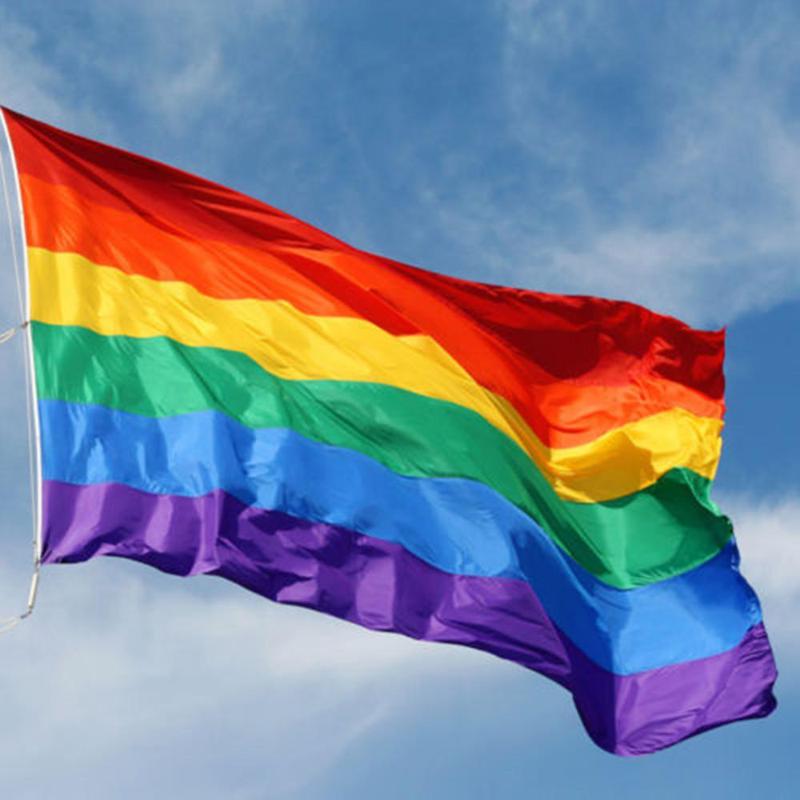The restrictive provisions of the draft law that run counter to Kyrgyzstan’s international human rights obligations are all hidden under the pretext of “protecting the traditional family, human, moral, and historical values of the Kyrgyz society”. According to the authors, the aim of the draft law is “to determine the inadmissibility of popularization of homosexuality in society and propaganda of a «homosexual lifestyle», especially among minors, in legal terms.”
If the draft law is adopted this would define criminal and administrative liability for physical or legal entities that distribute information which contains open or covert propaganda for so-called non-traditional sexual relations. Distribution of photos, videos, texts, and other materials of such nature in the mass media and even on the internet could lead to 1-6 months imprisonment. In cases of repetition or if the target of the “propaganda” is minors the fines would increase significantly and imprisonment be 6-12 months. Organizing and participating in peaceful assemblies which aim to make available information on the position of any form of so-called non-traditional sexual relations could lead to large administrative fines.
Interestingly, the authors also refer to legislation in other developed countries, including Russia, Moldova, 8 US states and the UK, with similar “restrictions on promotion of information in any form, aimed at creating a positive attitude towards non-traditional forms of sexual relationship”. However, in the UK, Section 28 of the Local Government Act 1988 which banned the «promotion» of homosexuality in schools was repealed in 2003. In 2009, Prime Minister Cameron publicly apologized for the law and the harm it caused to young LGBT-persons, condemning it as “offensive to gay people”. Moldova repealed their law in October 2013. Read Prime Minister Cameron’s apology here.
The argument that it is “in the best interest of the child” to be protected from so-called homosexual propaganda is at the core of all current propaganda-legislation in Eastern Europe. It consistently compares homosexuality to non-consenting sexual acts such as paedophilia and sodomy, and this naturally increases popular support for the laws and perpetuate deeply misleading and harmful stereotypes.
Kyrgyzstan is considered a democratic exception in Central Asia, with a vivid civil society, fairly free elections and an open media environment. However, vulnerable groups in society remain women, ethnic and religious minorities and LGBTI-persons. A recent report by Human Rights Watch illustrates the widespread abuse and extortion of gay and bisexual men by police in Kyrgyzstan. The report caused an outrage in the population not in concern for the victims, but for talking aloud about such issues. Download the report here.
The Kyrgyz Mufti challenged the findings and issued a fatwa against same-sex relations in the aftermath of the release. Unfortunately, this is not surprising in a traditional society hostile to same-sex relations. Read the fatwa here.
In September 2012 a documentary film called “I am Gay and Muslim” was removed from the program of the film festival Bir Duino after a court order.
As in the Russian Federation, the wording of the Kyrgyz draft law is impermissibly vague. A main concern with this is the potential for violence that it might have in a country where respect for the central government in Kyrgyzstan is fading, while unemployment rises.
– The draft law limits freedom of speech and freedom of assembly, the rights of children to seek and receive information and ideas, discriminates against certain groups and can be used to encourage violence in a society where impunity for such actions is already commonplace, says Wetteland. – If passed, the law demonstrates a significant draw-back in Kyrgyzstan’s role as a democratic island in Central Asia, and that is particularly concerning in a political environment where Kyrgyzstan is facing new challenges in their balancing of their US and Russia relations. We strongly urge the Parliament to reject this law before it ruins Kyrgyzstan’s improving human rights record and the lives of already stigmatized individuals further.
